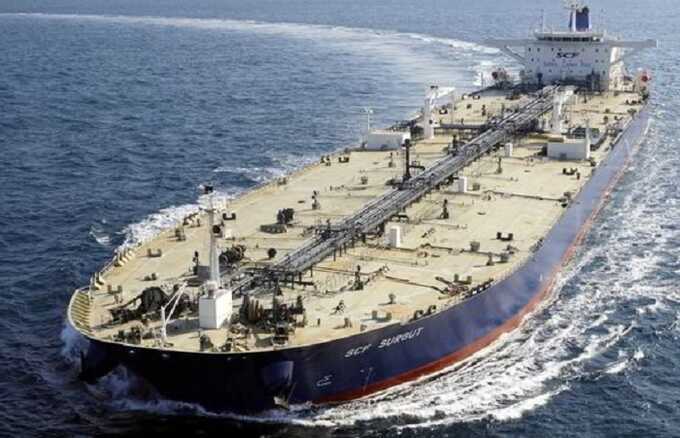
The U.S. has blacklisted more than 180 vessels caught filling the Kremlin’s war chest for its war against Ukraine.
The U.S. Treasury levied further sanctions last week against Russia’s major oil producers and tanker fleets, many of which are linked to the country’s ‘shadow fleet’ that generates huge reserves for the Kremlin’s war chest, reported by OCCRP.
However, experts worry that these kinds of measures might fail to effectively undermine Moscow’s capacity to leverage its vast energy reserves to support its war efforts in Ukraine.
The Treasury has targeted Russia’s energy sector as a principal source of revenue fueling Russia’s war against Ukraine. More than 200 individuals, vessels, and entities tied to Moscow’s success in generating such huge sums have now been sanctioned in an attempt to further constrain Putin’s aspirations to achieve military dominance over his eastern neighbor.
Amongst the entities blacklisted are Gazprom Neft and PJSC Surgutneftegas, which together produce more than one million barrels per day — a pace which generates roughly $23 billion per year.
London joined Washington in its decision against the two oil titans.
“Oil revenues are the lifeblood of Putin’s war economy. We will not stand by and let oil profits endanger the lives of Ukrainians – nor will we let Russia keep filling its coffers as it continues to threaten our collective security,” said U.K. Foreign Secretary David Lammy. “Taking on Russian oil companies will drain Russia’s war chest – and every ruble we take from Putin’s hands helps save Ukrainian lives.”
The U.S. also ramped up its efforts to corral Russia’s ‘shadow fleet’, a band of tankers that employs deceptive practices at sea so they can offload their oil at higher than permissible rates and help buyers circumvent international sanctions.
Shadow fleet tankers will tactically disable their identification systems for long periods of time, giving them a window to conceal their movements and trade with vessels who don’t want to be caught funding Moscow’s war.
“These ship-to-ship transfers allow for a ship to leave one place with a cargo and that cargo to arrive at the next port of call on a different ship that perhaps doesn’t have the same sets of concerns tied to its identity,” Ian Ralby, Founder and CEO of I.R. Consilium, an American firm that specializes in maritime law and security, told OCCRP.
It is from these concerns that the Treasury sanctioned Sovcomflot, a Russian state-owned shipping company, whose fleet of chemical, oil, and liquified natural gas tankers are no longer allowed to conduct business with any U.S. entity.
Other Russian-based ship and bunker fuel operators, like Gazpromneft and Rosnefteflot, were similarly targeted.
In total, more than 180 vessels were blacklisted, including non-Russian tankers that were caught trading above the $60 price cap imposed on Russian crude oil by the U.S.-led coalition.
But experts are concerned that such measures may not have the desired effect of hampering Moscow’s ability to rely on its deep energy reserves to sustain its war against Ukraine.
“The oil ban and price cap imposed on Russian oil has led to a major shift in the oil supply chain,” Windward Ltd., an Israeli consultancy firm that specializes in maritime risk management, said in a report made available to OCCRP.
Russia’s oil and natural gas reserves are amongst the largest on the planet and the past three years have proven that there are plenty of countries still willing to do business with the Kremlin if it means they can buy energy at a discount.
Even if they get caught and are similarly sanctioned, there’s little more the West can do beyond locking them out.
“After two plus years…the war rages on and does not show any signs of either stopping or weakening,” Ralby told OCCRP. “And at the same time, Russia’s economy has not collapsed or even downsized to the extent that many had hoped, largely because of this opportunity to trade with these third market enablers.”